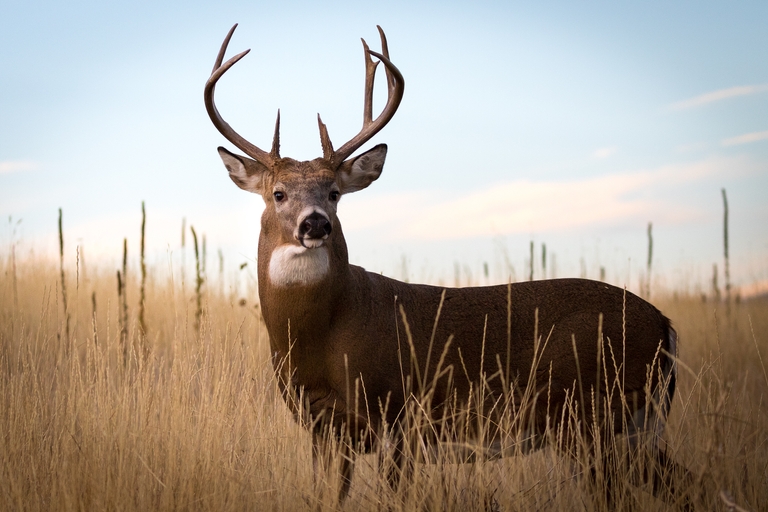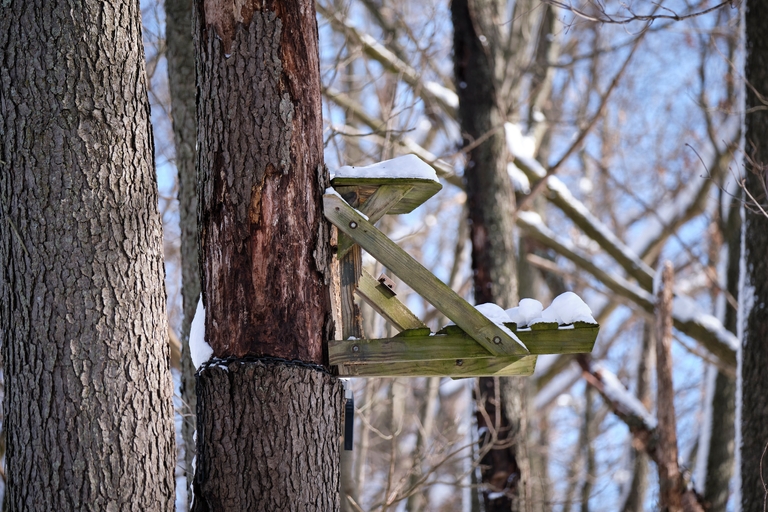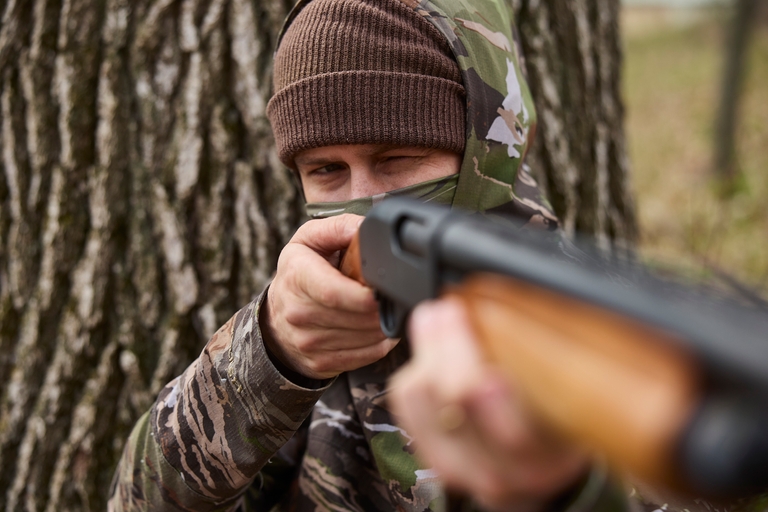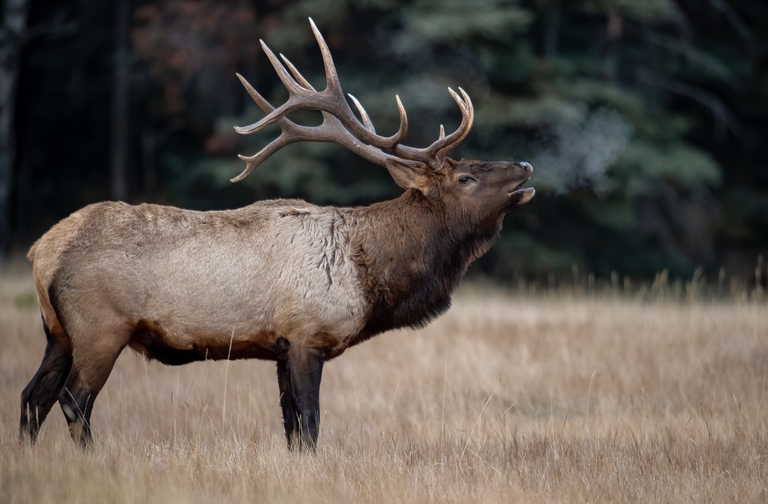A Guide to the Best Breeds For Hunting Dogs
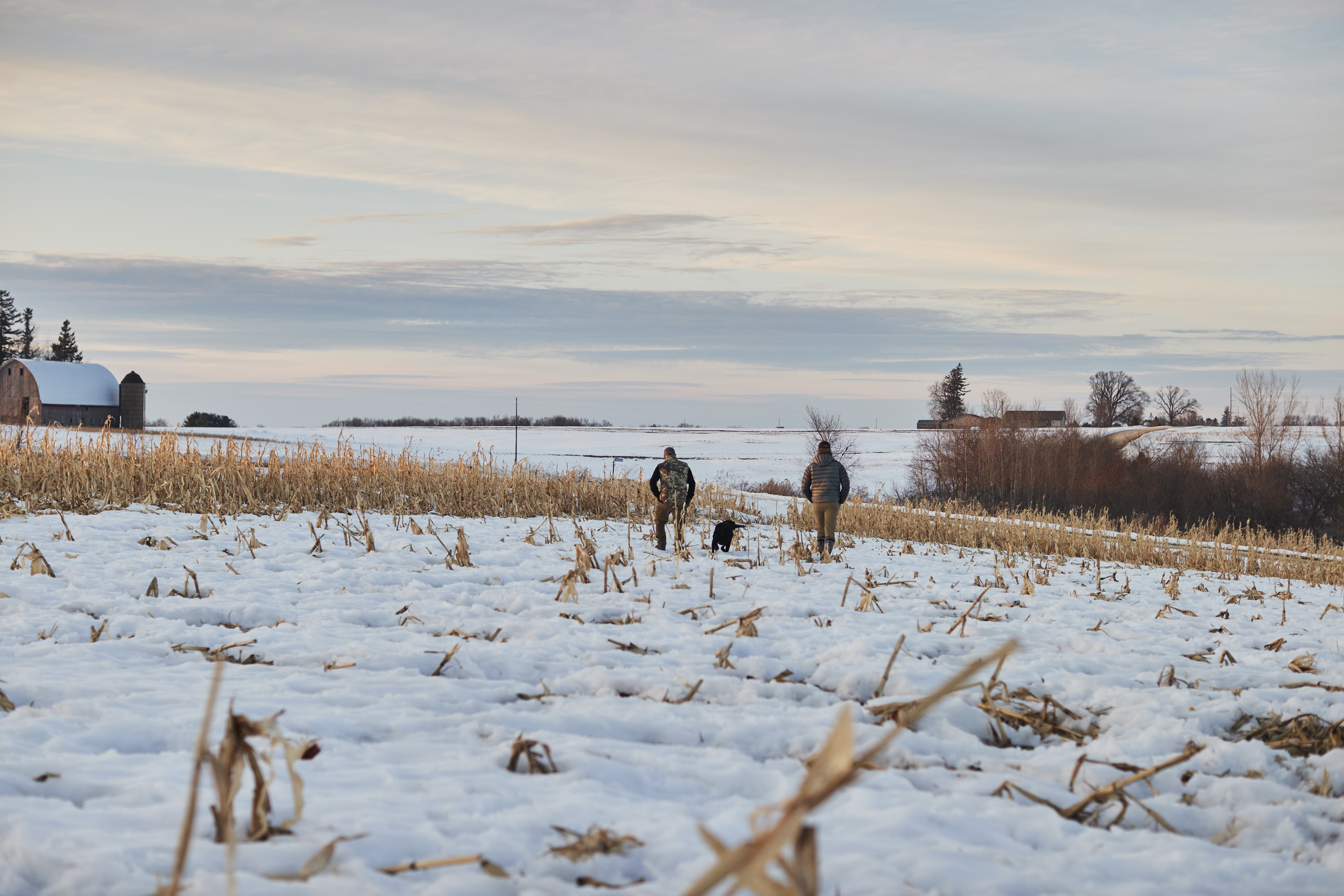
Hunting dogs are crucial companions when out in the field. They provide the type of tracking, pointing, and enthusiasm that even the most seasoned hunters could only dream of replicating on their own.
Whether it's flushing out some neatly tucked-in game or simply providing emotional support on those long, cool mornings, there's a reason dogs have been man's best hunting partner since pre-agricultural times.
Whether your thing is targeting waterfowl or you prefer flushing rabbits, we'll help you find the right furry friend for your hunting (and companionship) needs.
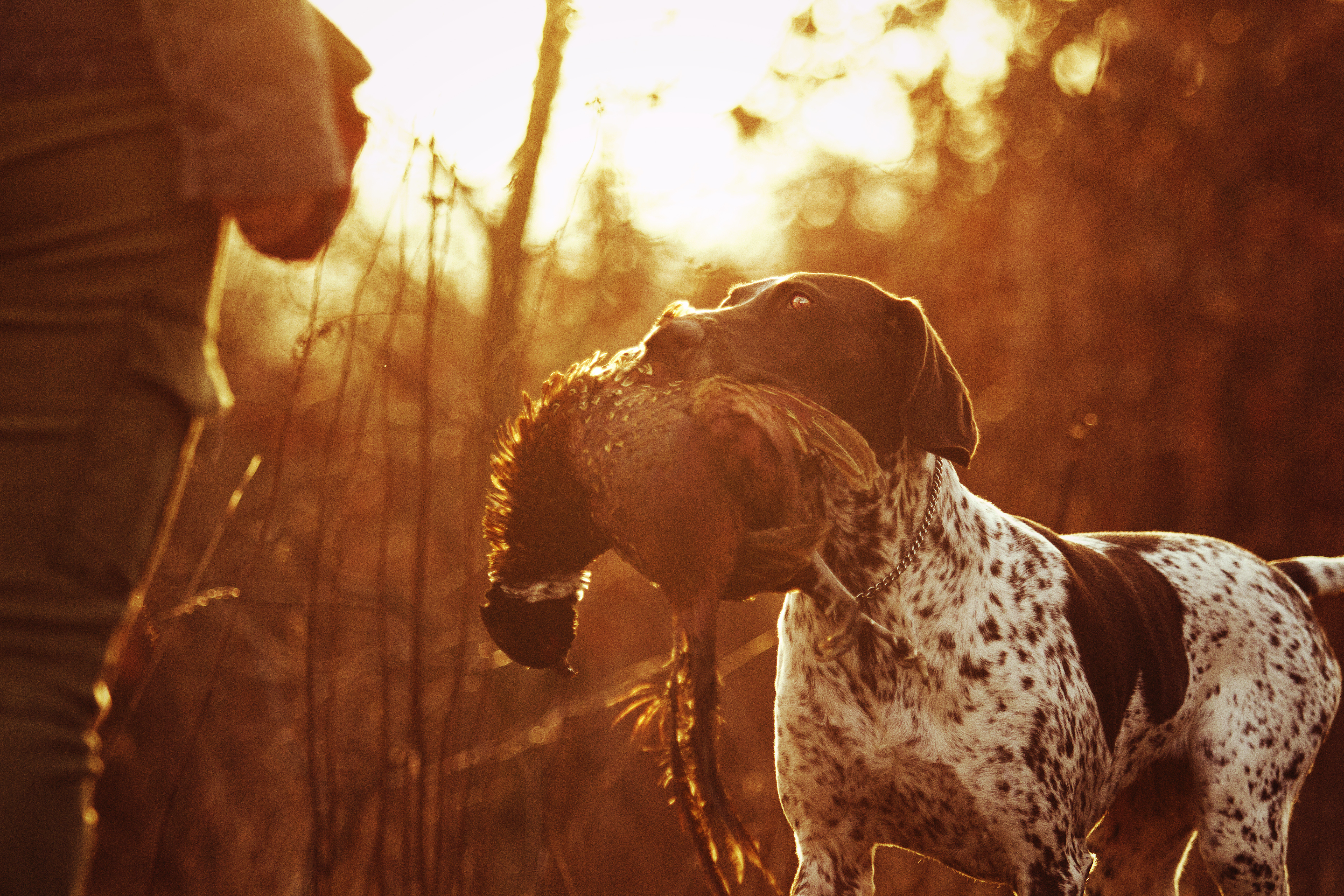
The Role of Hunting Dogs
There is no one type of elite hunting dog, and finding the best one will require an analysis of your needs, environment, and capacity to care for and provide for the dog when it is not hunting.
Due to our co-evolution and relationship, dogs are experts at reading body language and cues. They are highly trainable and have an innate capacity to target prey side-by-side with a human partner.
Perhaps most importantly, they are enthusiastic about hunting. They're passionate, feeding off positive reinforcement and fulfilling a range of duties, including tracking, retrieving, flushing, and pointing.
Tracking
Thanks to their highly evolved sense of smell, hunting dogs, especially hound breeds, can accurately track the scent of animals.
To put it in perspective, a hound has around 200 million scent receptors, whereas a human has 5 million. When coupled with their athleticism and high endurance tolerance, they make formidable trackers.
Some dogs use their highly evolved sight as a sighthound, using their incredibly adaptive sight to spot game and flashes of movement.
Retrieving
Breeds such as spaniels and retrievers have innate instincts to go after the downed game and bring it back with agility with minimal disruption to the aquatic landscape. These dogs are confident and comfortable in the water and love returning the game to their partner.
Flushing and Pointing
Flushing involves disrupting birds in cover and opening up a shot for their hunter. Flushing dogs generally have a high level of endurance. While a pointer will stop when locating the game, flushers continue typically flushing out the game until you stop them.
While some dog breeds are more versatile, others specialize in a particular strategy or game type.
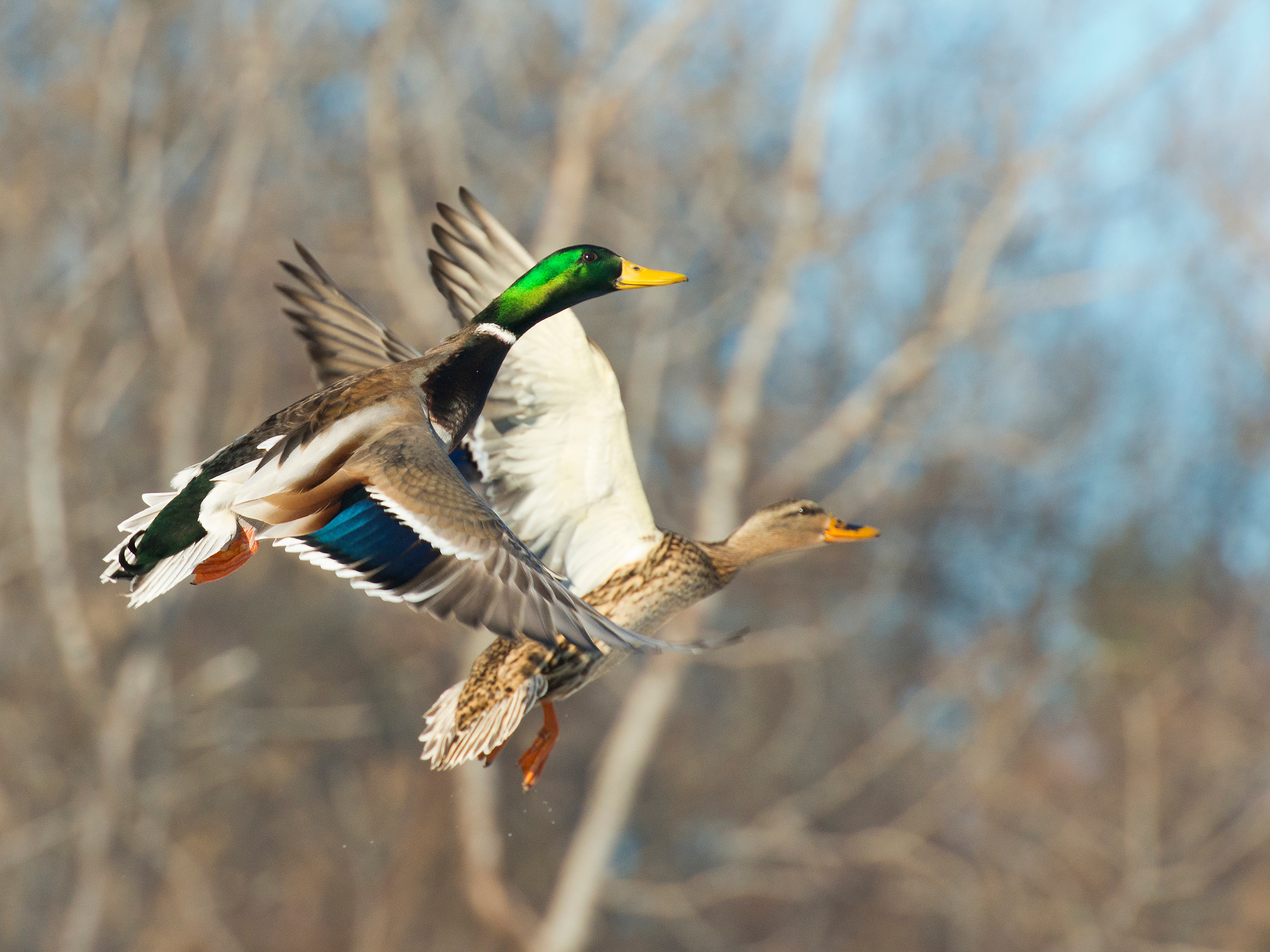
3 Versatile Hunting Dogs to Consider
If you're looking to hunt in different environments with a confident dog, you may want to consider one of the breeds listed below.
Labrador Retriever
Labrador retrievers are water dogs comfortable in the water all year round due to their double coat. While this is primarily what they are known for, labs can be equally helpful for flushing birds or pointing deeply nested pheasants or on deer trails, thanks to their responsiveness to training and general versatility as a gun dog.
Loyal and good-natured, they will become a family member in no time, thanks to their sweet temperaments.
German Shorthaired Pointer (GSP)
Prized for their stamina and dedication, GSPs are comfortable on land and water and can target various species, including rabbits, raccoons, and deer.
Whether feather or fur, their scenting ability and agility make them one of the best all-rounder breeds.
Vizsla
Vizslas excel at pointing, flushing, and retrieving and will even take to the water in the right conditions. Their stamina and enthusiasm give them a great range, and their social nature makes them great companions and highly social dogs.
Waterfowl Retrievers (aka Duck Dogs)
Waterfowl breeds live for the water and are slightly more specialized in their capabilities. Having already mentioned the lab, let's look at three more species to consider.
Chesapeake Bay Retriever
Thanks to a thick, oily coat and evolved webbed paws, the Chesapeake Bay retriever is ready to go all year round. Whether duck or goose hunting, they excel in challenging conditions and dense environments and are adapted to locate downed birds that may as well be invisible to the human eye.
Golden Retriever
Popular as family companions, golden retrievers are affectionate and have a reputation for being soft. They're also powerful swimmers who love nothing more than chasing downed birds through the marsh.
Boykin Spaniel
Hailing from South Carolina, the Boykin spaniel is comfortable in lakes, rivers, and some upland environments.
They're high-energy pups that require lots of positive reinforcement but are very receptive to training, especially in aquatic environments, thanks to their innate love of water and retrieval ability.
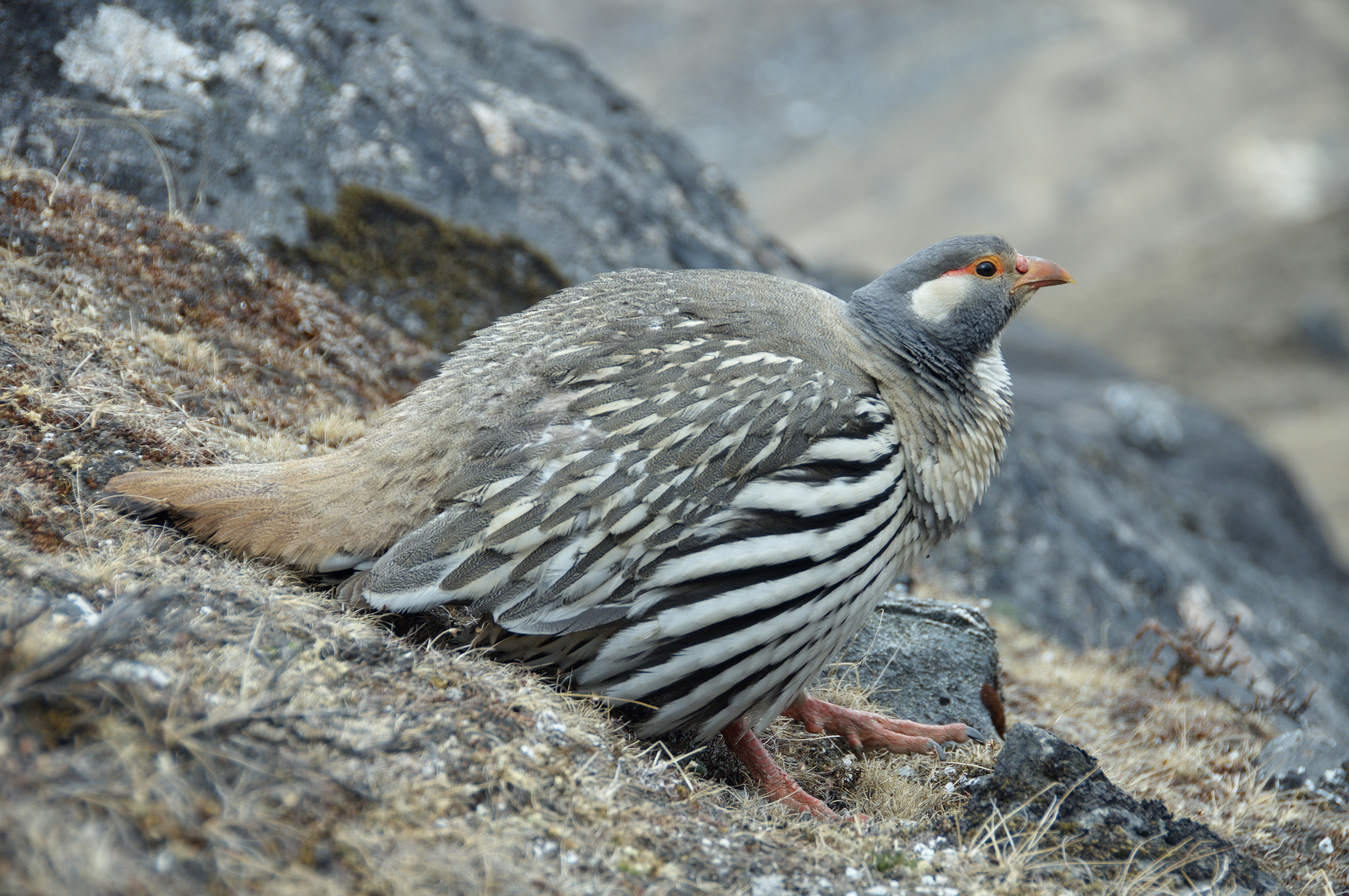
Upland Game Dogs
Intelligence, resilience, and a highly developed sense of smell are components of a successful upland dog. Whether you're targeting pheasants, quail, or grouse, an upland game dog will sniff out even the most carefully camouflaged of birds. Let's take a look at some leading breeds:
Brittany Spaniel
Like all spaniels, Brittany spaniels are more petite or medium in build, meaning they work well in tight, dense conditions where birds like to nest.
They're gentle and good-natured, with natural genetics for hunting and impressive endurance.
English Springer Spaniel
English springer spaniels are primarily pheasant and grouse wood dogs with strong scenting abilities; they're experts at trailing elusive pheasants, most at home in woodland environments.
English Setter
A natural pointer, the English setter is a stunning dog with an almost regal pattern and coat. They are happy in both close-range upland environments and long-range tasks. This variation in their hunting style means you can train them to your unique needs and environmental preferences.
Specialized Breeds For Hunting
Some dogs live for hunting a particular type of game, so it can help to start with your target species first and then determine the type of hunting dog that will suit your needs.
For example, beagles are generally used exclusively for small game such as rabbits, or a Dachshund (meaning badger dog in German) is most confident going after, you guessed it, badgers. A Dachshund will not be an elite water dog or a long-range pointer, so consider any limitations before deciding on a breed.
Temperament, Training, and Lifestyle
Temperament is part genetic and part training and should also be high on the list of priorities when considering a breed.
Consider the following points:
- Do you want a dog that will be an all-year hunter or someone comfortable tucked up next to the fire with the family?
- How much time do you dedicate to grooming, training, and socializing?
- Do they play well with others?
- Do you have space requirements and time to dedicate to high-energy breeds?
GSPs and labradors make excellent hunting and family dogs due to their intelligence, eagerness to please, and capacity to form strong bonds with their handlers.
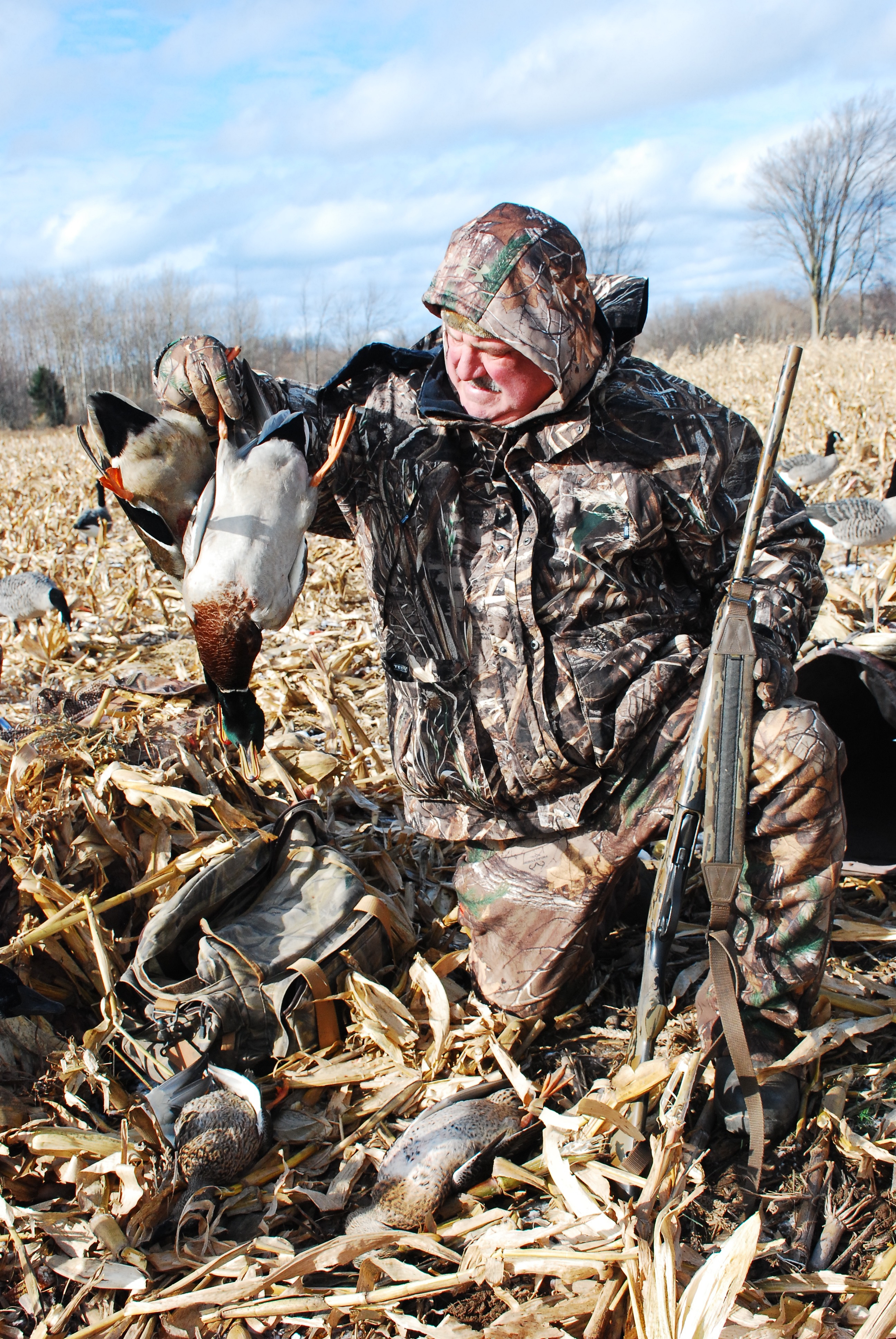
Remember to Keep Regulations in Mind
Check with state agencies about the use of dogs in your area and whether any restrictions are in place regarding hunting particular species with dogs.
In some states, you may need a permit or will be limited regarding how many dogs you can run on a particular hunt.
Keep Yourself and Your Canine Safe This Season
Along with proper nutrition, plenty of exercise, and training, one of the best ways to care for your canine hunting companion is to be updated with the latest safety knowledge regarding hunting, gun safety, and working with dogs.
Hunting with dogs is intense, high energy, and fun, so it's always best to ensure you're covered and prepared with the latest safety practices, including understanding the blaze orange your dog should wear on a hunt.
Hunter-Ed prepares hunters to keep themselves, other hunters, and their hunting dogs safe every season! So, before you hit the field this year, find the course for your state and get safety certified.

